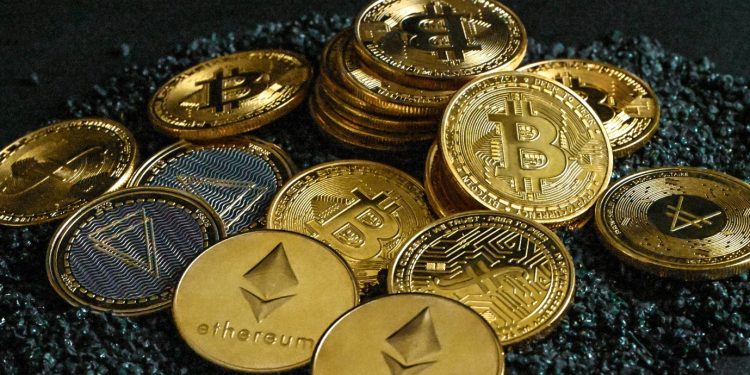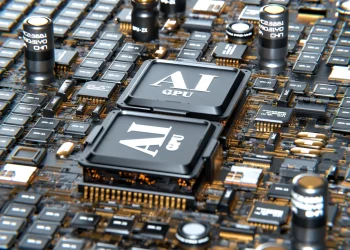We are always asked about cryptocurrencies. Are they good investment opportunities for most people? Probably not, but as we have said in our story, the website is never about providing investment advice. Below we teach you some of the basics if you are new to the world of cryptocurrencies.
The world of finance has come a long way since the days of bartering. Before the invention of money, people would trade goods and services directly with each other. However, this system had its limitations. The “double coincidence of wants” problem meant that in order to make a trade, both parties had to want what the other had to offer. If the farmer had wheat to sell but the tailor wanted fruit, there would be no trade.
To solve this problem, society created a new form of value: fiat currency. Fiat money is a store of value that can be used to purchase goods and services. This greatly simplified trade by allowing people to sell their goods and services for money, which could then be used to purchase other goods and services.
But just as fiat money overtook the barter system, a new form of value is now emerging: cryptocurrency. Cryptocurrency is a digital or virtual currency that is secured by cryptography. It allows for secure, peer-to-peer payments online, and is denominated in virtual tokens. This new technology has the potential to revolutionise the way we think about money and finance.
So, what exactly is money? According to economists, money has several key characteristics. It must be durable, transferable, divisible, scarce, recognisable, and fungible. Durable means that it can withstand the test of time and not degrade or deteriorate. Transferable means that it can easily be transferred from one person to another. Divisible means that it can be broken down into smaller units. Scarce means that there is a limited quantity of it, making it valuable. Recognisable means that it can be easily identified and verified as authentic, and fungible means that one unit can be substituted for another.
Money has been around for thousands of years. The Mesopotamian shekel was the first known form of currency, dating back over 5000 years. Throughout history, different forms of money have been used, such as bronze ingots in the Bronze Age, and salt in ancient Rome. The concept of scarcity is a key economic concept that underlies the value of money. If there is an unlimited supply of money, it loses its value. This is something that is happening in Venezuela, where hyperinflation has made their currency nearly worthless.
The internet has also had a profound impact on money. With the advent of the internet, it became possible to move value peer-to-peer without the need for a central intermediary. However, in the early stages of the internet, it was still not possible to pay for goods and services online. This is where cryptography comes in. Cryptography, which literally means “secret writing,” is used to secure the internet. It is the foundation of cryptocurrency and allows for secure online payments.
Bitcoin is the first and most well-known cryptocurrency. It was created in 2009 by an unknown person or group of people using the pseudonym Satoshi Nakamoto. Bitcoin is decentralised, meaning that it is not issued or backed by any government or bank. Instead, it is underpinned by a vast network of computers that work together to verify and process transactions. This process is known as “mining.”

Unlike fiat money, which can be printed or minted at will, the supply of Bitcoin is limited. There can only ever be 21 million Bitcoins in existence. This scarcity is a key feature of Bitcoin and other cryptocurrencies, as it ensures that they retain their value.
The use of Bitcoin as a form of payment is still relatively niche, but it is growing. There are over 2300 businesses in the United States alone that accept Bitcoin as a form of payment. For businesses, accepting Bitcoin can provide access to new demographic groups and potentially new customers. In fact, 40% of customers who pay with crypto are new customers of the company.
In conclusion, Cryptocurrencies like Bitcoin, provide an alternative store of value that is decentralised and secured by cryptography. They have the potential to revolutionise the way we make payments and conduct financial transactions. However, it is still in its early stages, and its widespread acceptance as a form of payment is yet to be seen. Businesses that are willing to accept Bitcoin as a form of payment may find new opportunities and access to new demographic groups. Watch this space!
Want to learn how to maximize your returns in the market? Our previous post where we explore the difference between Bitcoin and Ethereum provides essential insights and tips to help you do just that. Click through to access it now.







